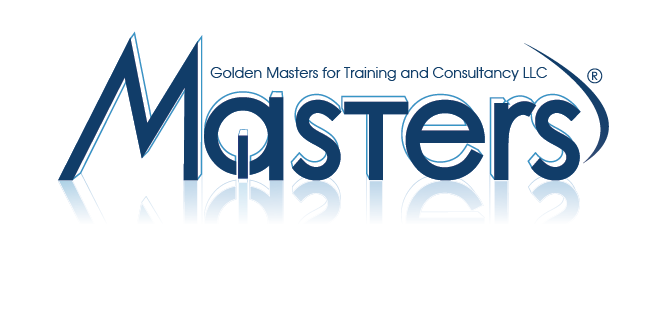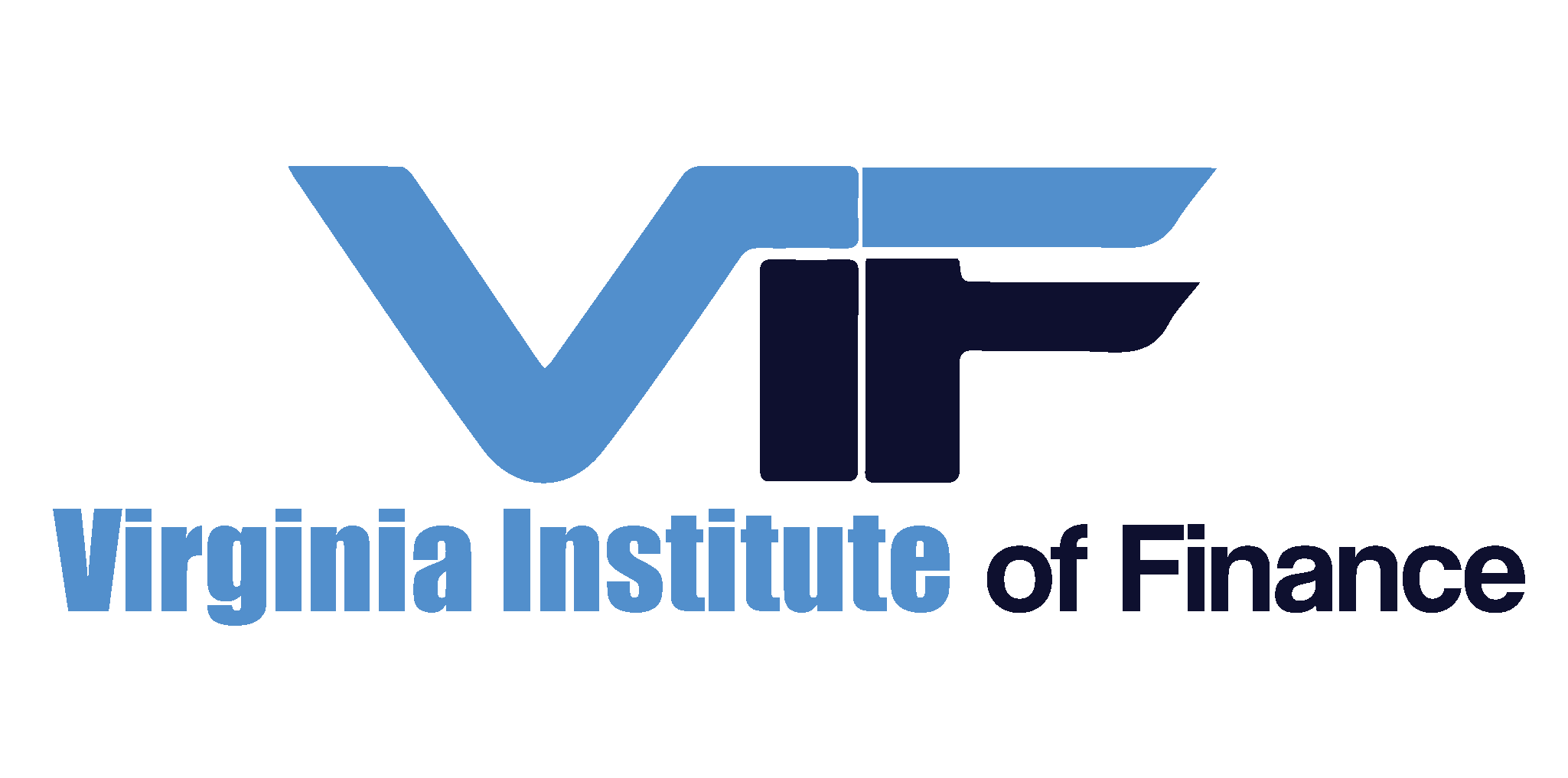It provides the skills to build world class standards into your planning, budgeting, performance measurement and reporting system. This course will discuss new techniques, explain how they complement the traditional financial planning tools,

Masters Training Company was established in response to the growing need for quality training to support the business community within your Company, Department or Organization by providing a high standard of Training Programs, Courses, Seminars, Workshops and Consultancy Services to employees in a very competitive business environment.
Masters is also an approved vendor from KHDA & ILM
(Institute Review)
55 years ago(Institute Review)
55 years ago
This is a hands-on training to learn about data massaging, integration, automation and modelling skills. You will also learn about normalisation and massaging of noisy data, analysis, reconciliation and reports.

'Financial Analysis: Evaluation & Budgeting' training is offered by Mesk Management Sciences Institute. Kindly contact us to inquire and find out about the schedule and complete outline.

This course focuses on developing and enhancing your analysis skills. It will provide you the complete knowledge and skills of the eight-building blocks of the financial analysis process.

his course provides a strong foundation in core FP&A principles, empowering you to track, evaluate, and drive business performance.

This is a very beneficial course for all those who wish to understand the business context of FOREX, Equities or Commodities trading and other similar fields. You will learn about financial market analysis and managing your portfolios. You w
© 2025 www.coursetakers.ae All Rights Reserved. Terms and Conditions of use | Privacy Policy